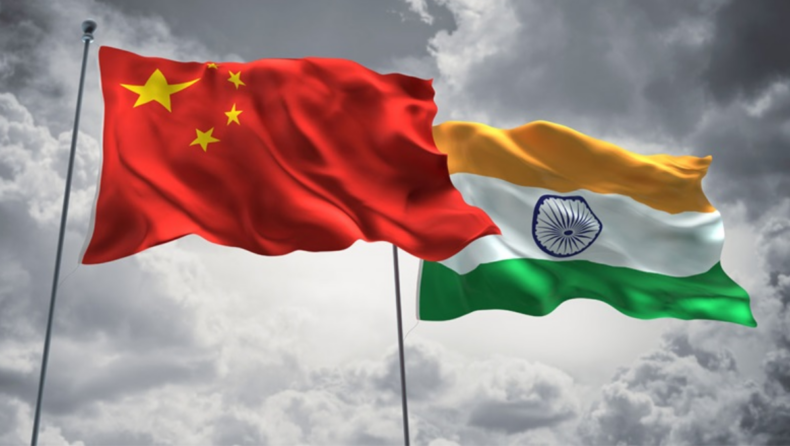
China and India are neighbors, and having a good relationship serves both countries’ interests, Chinese Defense Minister General Wei Fenghe said on Sunday.
He stressed that the two countries cooperate to keep the Line of Actual Control (LAC) peaceful.
While speaking at the Shangri-La Dialogue, Wei also urged peaceful measures to resolve territorial issues. He mentioned particularly those in the South China Sea.
Because China and India are neighbors, having a positive relationship benefits both countries. “And that’s what we’re working on,” he stated emphatically.
“We have conducted 15 rounds of commander-level discussions with the Indians. We are working together for peace in this area,” in answer to a question on the volatility at the Line of Actual Control (LAC) with India, Wei remarked.
Wei replied to a question from Dr. Tanvi Madan, head of the Brookings Institution’s India Project.
Madan had asked the minister to explain why the People’s Liberation Army (PLA) unilaterally changed the status quo at various sites along the LAC with India two years ago.
The causes of the battle between the two nations were the actions that violated accords meticulously negotiated by Beijing and Delhi over 25 years.
Negotiations to break the impasse in Ladakh
Since May 5, 2020, a violent fight between the two sides has occurred in the Pangong area. Indian and Chinese forces have been involved in a tense border stalemate in eastern Ladakh.
China has been building bridges and other infrastructure in the border areas with India, such as highways and residential units.
To date, India and China have had 15 rounds of military talks in an attempt to end the deadlock in Ladakh.
As a consequence of the discussions, the two parties concluded the disengagement process on the north and south banks of Pangong Lake and in the Gogra region last year.
Currently, each side maintains 50,000 to 60,000 troops along the LAC in the critical zone.
India has constantly stated that peace and stability along the LAC are critical to the overall growth of bilateral relations.













